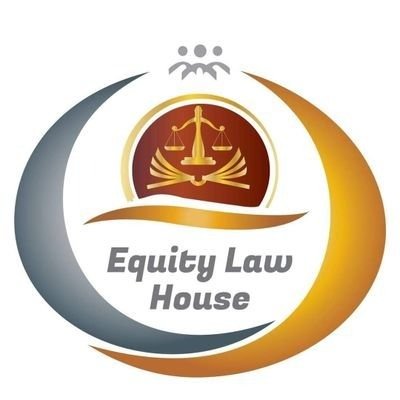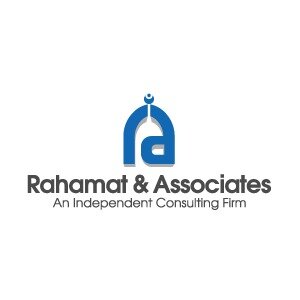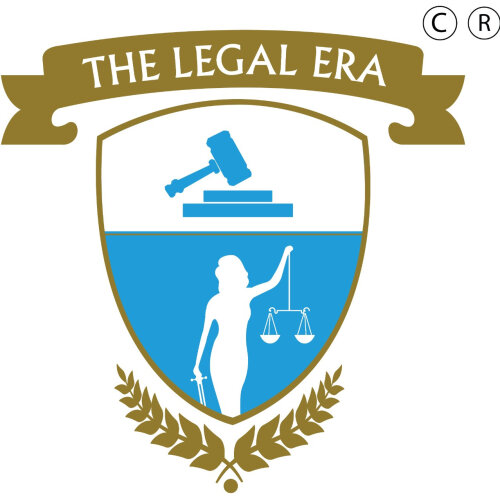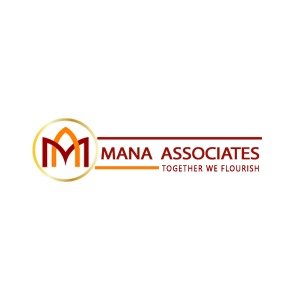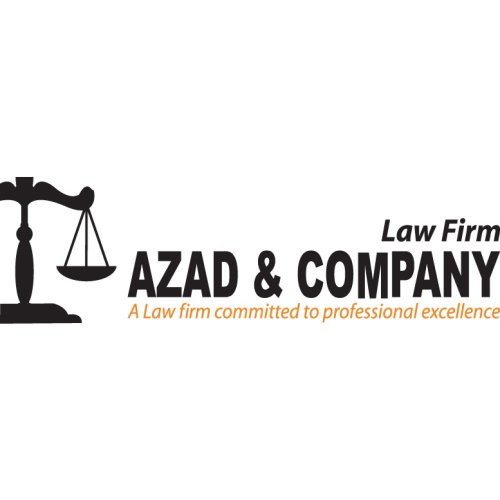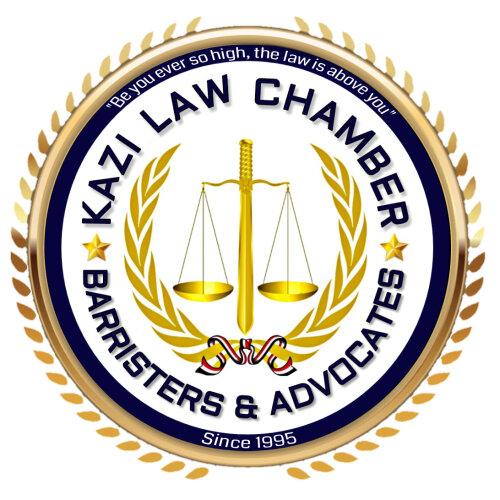Best Sanctions & Export Controls Lawyers in Dhaka
Share your needs with us, get contacted by law firms.
Free. Takes 2 min.
List of the best lawyers in Dhaka, Bangladesh
About Sanctions & Export Controls Law in Dhaka, Bangladesh
Sanctions and export controls are crucial aspects of international trade law that regulate how goods, technology, and services can be transferred across borders. In Dhaka, Bangladesh, these laws are shaped both by national policies and international commitments. The government enforces restrictions to uphold national security, honor international obligations, and prevent the proliferation of weapons, terrorism financing, or violations of human rights.
In Bangladesh, regulatory authorities work to ensure that individuals and businesses comply with restrictions imposed by both domestic legislation and international entities like the United Nations. Non-compliance can result in heavy penalties, reputational damage, and business interruptions. Understanding the legal requirements is vital for everyone involved in exporting goods or services or engaging with sanctioned individuals or countries.
Why You May Need a Lawyer
Sanctions and export controls law is complex and evolving. You may need a lawyer if you are involved in any of the following situations:
- Engaging in international trade or export activities from Bangladesh
- Receiving notifications about potential violations of export control regulations
- Suspecting that your products or technology might be restricted
- Conducting business with countries, entities, or individuals under sanction lists
- Facing investigations by authorities for alleged non-compliance
- Seeking clearance or licenses for certain exports or technology transfers
- Needing to understand the implications of international sanctions on your business
- Wishing to design compliance programs for your organization
A legal expert can offer guidance tailored to your circumstances, help navigate regulatory complexities, and represent you in dealing with governmental authorities.
Local Laws Overview
Several laws and regulations in Bangladesh relate to sanctions and export controls:
- The Import and Export (Control) Act 1950 provides the government broad powers to regulate what can be imported or exported, and allows for banning or restricting goods as needed to meet national or international obligations.
- The Customs Act 1969 defines the procedures and penalties related to importing and exporting goods. This law underpins the practical enforcement of controls at ports and borders.
- The Anti-Terrorism Act 2009 empowers authorities to block transactions and freeze assets linked to terrorism or sanctioned entities.
- The country adheres to United Nations Security Council sanctions and, in some cases, sanctions imposed by other international bodies when consistent with national policy objectives.
- Specific goods such as arms, dual-use technologies, chemicals, and certain pharmaceuticals are subject to stricter scrutiny and additional permit requirements.
Failure to comply with these regulations can lead to fines, confiscation of goods, business license suspensions, or criminal prosecution.
Frequently Asked Questions
What are sanctions and export controls?
Sanctions restrict transactions with specific persons, groups, or countries, while export controls limit the transfer or sale of certain goods and technologies outside Bangladesh.
Who enforces sanctions and export controls in Bangladesh?
The Ministry of Commerce, Bangladesh Customs, Bangladesh Bank, and law enforcement agencies all have roles in enforcement.
Do I need a license to export goods from Bangladesh?
Certain goods, such as restricted chemicals, arms, and sensitive technologies, require a government-issued export license.
Are there penalties for violating sanctions or export controls in Bangladesh?
Yes. Penalties include fines, confiscation of assets, loss of export privileges, and potential criminal prosecution.
How do I know if my trading partner is on a sanctions list?
Consult government-published lists and check notices from international bodies like the United Nations Security Council. Legal advisors can help with due diligence.
Will international sanctions affect my business in Bangladesh?
Yes, especially if your business involves countries or entities subject to sanctions, or trades in sensitive goods and services.
Can I get assistance if accused of violating export controls?
Yes. You should consult an experienced lawyer who can guide you through investigations and represent you before regulatory authorities.
Are digital goods or software covered by export controls?
Yes, especially when they have potential military or dual-use applications, or are being sent to restricted destinations.
How often do sanctions and export control regulations change?
These regulations can change frequently based on global political developments and security needs. Regular legal review is recommended.
What is the process for obtaining an export license?
You must apply to the Ministry of Commerce or other relevant authority, providing details of the goods and their destinations. Lawyers can help ensure your documentation is in order.
Additional Resources
If you need more information or official guidance on sanctions and export controls in Dhaka, Bangladesh, the following resources may be helpful:
- Ministry of Commerce - Regulates and issues relevant licenses for import and export
- Bangladesh Customs - Provides up-to-date information about restricted and controlled goods at points of entry and exit
- Bangladesh Bank - Oversees financial compliance relating to sanctioned transactions
- Bangladesh Export Processing Zones Authority - Offers guidance for export-oriented businesses
- Bangladesh Securities and Exchange Commission - Issues advisories concerning financial transactions and sanctions compliance
Professional legal associations can also connect you with qualified lawyers experienced in sanctions and export controls.
Next Steps
If you are facing issues related to sanctions or export controls, or simply want to ensure compliance, consider these next steps:
- Assess your activities and identify any potential risk areas involving export restrictions or transactions with sanctioned entities
- Gather any relevant documentation related to your trade or financial transactions
- Contact a lawyer who specializes in sanctions and export control laws in Bangladesh for a consultation
- Stay updated with notifications from regulatory bodies and international organizations
- Implement a compliance program in your business to reduce risks of future violations
Seeking timely legal advice can save you from penalties, business losses, and reputational harm. Prioritize compliance and consult professionals as necessary to navigate the complex landscape of sanctions and export controls in Dhaka, Bangladesh.
Lawzana helps you find the best lawyers and law firms in Dhaka through a curated and pre-screened list of qualified legal professionals. Our platform offers rankings and detailed profiles of attorneys and law firms, allowing you to compare based on practice areas, including Sanctions & Export Controls, experience, and client feedback.
Each profile includes a description of the firm's areas of practice, client reviews, team members and partners, year of establishment, spoken languages, office locations, contact information, social media presence, and any published articles or resources. Most firms on our platform speak English and are experienced in both local and international legal matters.
Get a quote from top-rated law firms in Dhaka, Bangladesh — quickly, securely, and without unnecessary hassle.
Disclaimer:
The information provided on this page is for general informational purposes only and does not constitute legal advice. While we strive to ensure the accuracy and relevance of the content, legal information may change over time, and interpretations of the law can vary. You should always consult with a qualified legal professional for advice specific to your situation.
We disclaim all liability for actions taken or not taken based on the content of this page. If you believe any information is incorrect or outdated, please contact us, and we will review and update it where appropriate.




